Sheet Metal Design Services
Sheet Metal Designs Crafted for
Precision and Manufacturing Efficiency
Tesla Mechanical Designs excels in providing premier Sheet Metal Design Services, addressing the diverse needs of sheet metal contractors, fabricators, and engineering firms across various industries. Whether you operate in electronics, healthcare, automotive, or any other sector, our services aim to minimize material wastage, shorten product timelines, and deliver top-notch quality. Adhering to DFM guidelines and industry standards like ASME, ANSI, and TEMA, we ensure swift design approvals for sheet metal components, emphasizing cost-effective, assembly-friendly, and production-efficient designs. Streamline your time to market with our expertise.
